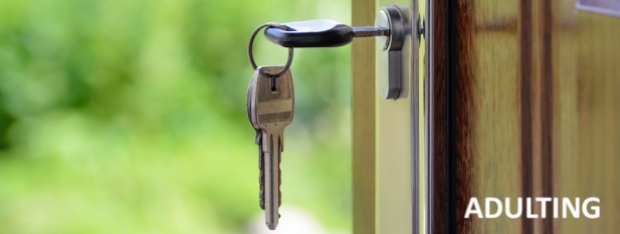
We can have the most brilliant ideas and they don’t seem to work. People have been deployed, resources committed, plans drawn and then acted upon. Then results didn’t quite hit the spot. People didn’t seem to respond as we were all expecting. Even when assumptions made weren’t wrong. And then we convince ourselves that was probably not the right idea. We pursued the wrong one – it seemed to work intuitively but it didn’t.
Except maybe it was executed poorly. Because we didn’t have the right people executing; the partners chosen were wrong, and the processes and plans developed weren’t going deep enough. Too many things were left to chance and circumstances happened to not favour the outcome. So we got the wrong conclusion; the notion that the idea won’t work when it was just not well-executed.
This can happen because resourcing was poor. Only half of the resources required was given. People might not have been sufficiently vested in the idea and were just waiting to see it “fail” so that they can get back to life. There’s organisational inertia and conflicts of interest within the execution – consultants should have been brought in rather than doing it inhouse where staff preferred not to have anything to do with making their core job obsolete.
And that’s why the new software didn’t help us solve the problem, the process introduced was making the organisation slower rather than faster. Actually, it was just conclusions being made pre-maturely and there wasn’t sufficient buy-in on new softwares to make it work. So are we making the right conclusions when we claim to have tried something and it didn’t work?








